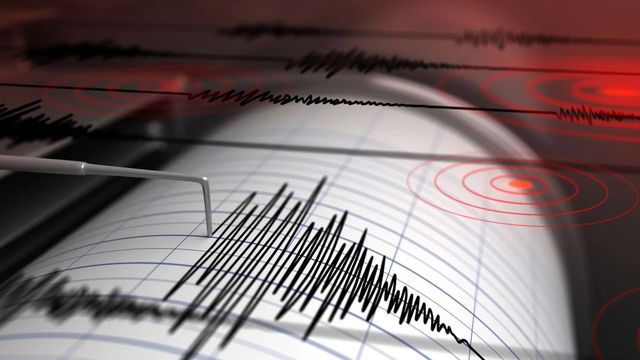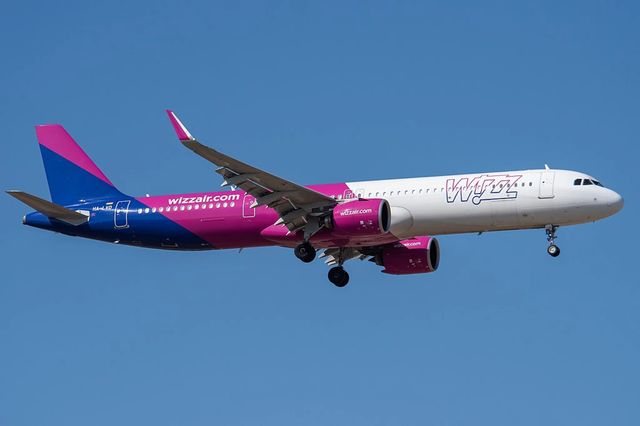In the early hours of Wednesday, May 14, a powerful earthquake with a magnitude of 6.1 on the Richter scale struck off the coast of the Greek island of Kasos, according to the Geodynamic Institute of Greece.
The epicenter was located approximately 35 kilometers south of Kasos, at a depth of 55.9 kilometers. The seismic activity was strongly felt across the islands of Crete and Rhodes, and to a lesser extent in parts of Cyprus, Turkey, and Egypt.
Despite the intensity of the quake, there were no immediate reports of damage or injuries. However, as a precautionary measure, emergency alerts were sent to residents across several regions in Greece via mobile notifications.
Following the earthquake, emergency number 112 was activated, and civil protection authorities issued a tsunami warning. Residents of coastal areas, especially those closest to the epicenter, were advised to evacuate to higher ground.
Efthymios Lekkas, head of the Organization for Earthquake Planning and Protection (OASP), later commented on the event.
“The most significant aspect of this nighttime earthquake was its considerable depth — around 60 kilometers. This depth allowed much of the energy to be absorbed within the Earth’s crust, which resulted in moderate shaking in areas like Kasos and Karpathos, but a stronger impact in Crete. No major damage has been recorded so far, but our analysis is ongoing,” Lekkas stated.
He also emphasized that the earthquake occurred along the Hellenic Arc, a major tectonic boundary where the Eurasian and African plates converge. Lekkas dismissed speculation linking this quake to other recent seismic activity in the region.
“This event is entirely independent. It is not connected to the Santorini volcanic arc or the recent earthquake in Turkey along the Anatolian Fault. These regions are geodynamically distinct,” he added.
Authorities continue to closely monitor seismic conditions across Greece and are prepared to respond swiftly to any developments. Residents in coastal regions are advised to stay informed via official channels, avoid unnecessary risks, and follow civil defense instructions.
Experts also caution that aftershocks are possible in the coming hours or days, and have urged the public to remain alert.
“Calmness and compliance with safety guidelines are the most important actions people can take in situations like this,” Lekkas concluded.
Need a car in Crete?
Find the best car rental deals on Secrental.com! With a wide range of vehicles, convenient booking, and great prices, your travels across the island will be safe, flexible, and comfortable — even in uncertain times.




